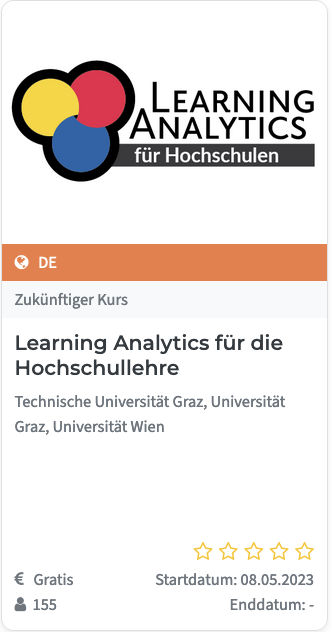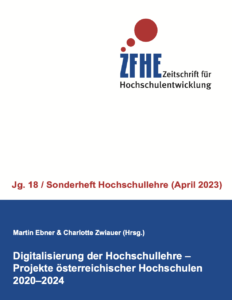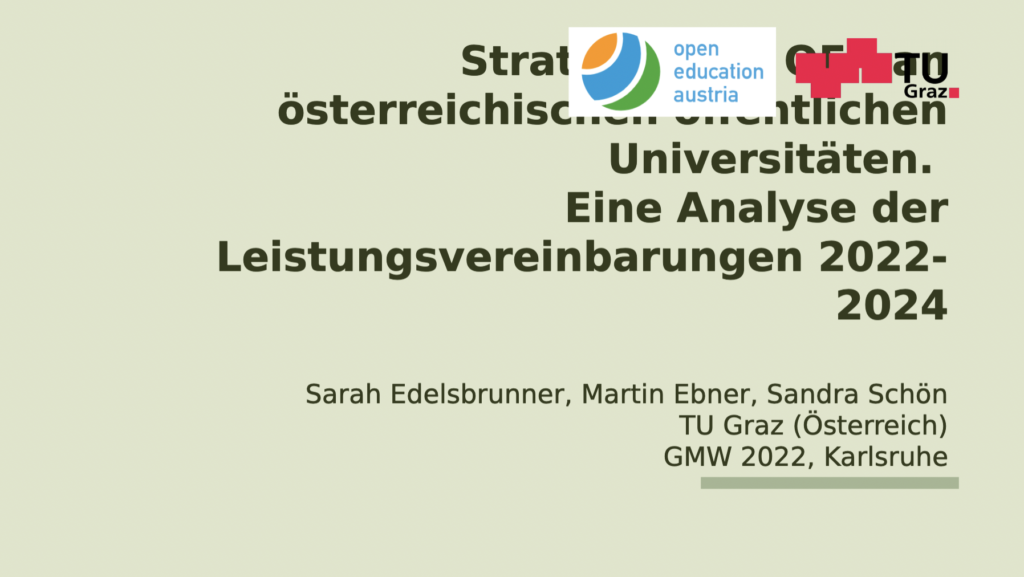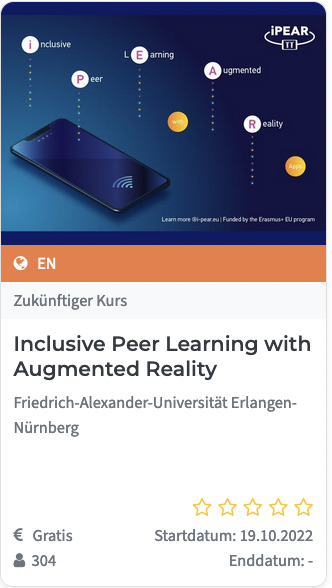Es freut uns sehr, dass wir gegen Ende unses Projektes „Learning Analytics – Studierende im Fokus“ als ein Outcome unseren MOOC zu „Learning Analytics für die Hochschullehre“ starten können:
Der Kurs beschäftigt sich mit dem Thema Learning Analytics mit einem besonderen Blickwinkel auf die Hochschullehre. Dabei wird nicht nur in das Thema grundlegend eingeführt, sondern auch aktuelle Beispiele aus dem österreichweiten Projekt „Learning Analytics – Studierende im Fokus“ gezeigt, die mediendidaktischen Empfehlungen dargelegt oder die Durchführung von notwendigen Peer-Beratungen beschrieben. Ebenso werden die erarbeiteten Ergebnisse im Bereich Datenschutz und Ethik gezeigt und Hinweise auf eine nachhaltige Verankerung von Learning-Analytics-Maßnahmen gegeben.
Der Kurs richtet sich dabei primär an Stakeholder an Hochschulen, aber auch an Lehrende oder Interessierte im Themenfeld.
Ab heute ist die erste Lektion zugänglich in der wir uns mit Einführung, Definition, Chancen und Herausforderungen von Learning Analytics beschäftigen. Hier das erste von zwei Videos:
Die Teilnahme am Kurs ist wie gewohnt kostenlos und jerzeit möglich: [Link zum kostenlosen Online-Kurs]








